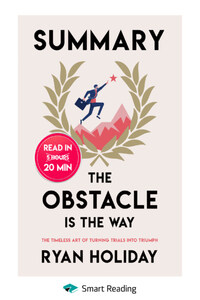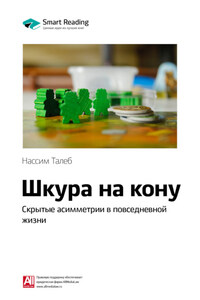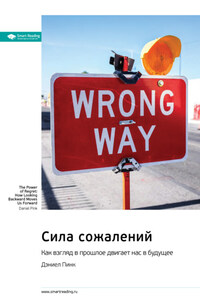John Rockefeller, the son of an alcoholic, had to work from the age of 16 for 50 cents a day was to became the richest man in the world as well as the first dollar billionaire in history. Demosthenes was born weak and sickly, with a speech impediment. He lost his parents early, and greedy relatives appropriated his inheritance. But this did not prevent him from becoming the most famous Athenian orator. Many famous people faced unthinkable obstacles in their activities: war, imprisonment, discrimination, serious illnesses, even disability. Do not most of our difficulties seem small and insignificant in comparison? How did outstanding personalities manage to endure such trials with dignity and only become stronger and more resolute?
The answer to this question is given by the philosophy of stoicism – the ancient doctrine of the correct attitude towards obstacles in life. Stoic philosophers liked to use the metaphor of fire: just as a strong fire devours all obstacles on the way and becomes stronger, so does a strong person, with the right attitude, who is able to turn any obstacle to his or her advantage.
Ryan Holiday's book The Obstacle Is the Way is an adaptation of the philosophy of Stoics, tailored to the needs of the today's world. This is not a set of philosophical doctrines, but a guide for action.
Stoicism does not imply excessive optimism, nor does it teach us to look at life through rose-colored glasses. It is guided by the principles of pragmatism and proposes to change what can be changed, namely, our attitude and judgments. The world is far from perfect and does not owe us anything. Just like it was two thousand years ago, life is unpredictable and creates obstacles in our way. As it has been throughout time, we cannot change our circumstances, but we can change our attitude towards them. Wisdom tells us to treat obstacles as opportunities. This is the fuel for success. You can benefit from any obstacle because it:
▶tempers us, makes us stronger, helps us overcome difficulties in the future; gives us valuable experience, teaches us something important, even if it's just humility and willingness to accept the inevitable;
▶shows us our weaknesses and vulnerabilities;
▶closing one door, opens many others;
▶teaches us to point our efforts in the right direction.
An obstacle can be turned into a springboard for success. In 170 A.D. Marcus Aurelius wrote: "Our actions may be impeded, but there can be no impeding our intentions or dispositions." The mind adapts and, in accordance with its goals, turns an obstacle into a opportunity. This maxim is the secret of success.
With all the variety of difficulties and obstacles on the path to success, the reactions of most people are similar. Difficulties paralyze their will, they experience fear, disappointment, helplessness, and anger. Great personalities react differently. Pressure strengthens their resolve and fuels their ambition. History shows us that obstacles are not only inevitable, but necessary. Obstacles harden us, teach us to find new solutions, show us a new way. Any obstacle can be turned upside down.
In Zen Buddhism there is a parable about a king who, in the hope of re-educating his lazy people, placed a huge boulder on the road, completely blocking their path. People got angry, complained, but did nothing about it. Only one peasant brought a log and made a lever. A purse of gold and a note from the king were found under the stone: "An obstacle on the road is becoming the road. Do not forget that in every obstacle there is a chance to improve your situation."
We can overcome obstacles in three steps: perception, action, and will. They will be discussed further.
The Discipline of Perception
Perception is how we see and evaluate reality. In order to learn to see things as they are, it is necessary to restrain our emotions, filter our fears and prejudices, and distinguish reliable signals from erroneous ones. It is not the obstacles themselves that are important, but how we respond to them. Where some see an unsolvable problem, others see new opportunities. Some are blinded by success, others remain clear-headed and cautious.
John Rockefeller was the son of an alcoholic criminal who’d abandoned his family. He took his first job at the age of 16 for minimal wage. In 1857, when he was a novice investor in Ohio, a massive crisis erupted there, which Rockefeller himself later called "the school of stress and unhappiness." His composure and rationality helped him to learn from the mistakes of others and learn a lesson that is best formulated in Warren Buffett's famous maxim: "Be fearful when others are greedy and greedy when others are fearful." Within twenty years Rockefeller would alone control 90 percent of the world oil market.
Our brains evolved in an environment where survival depended on quick responses. Now that the conditions of life have changed significantly, we continue to react emotionally to threats, whether they are real or imagined. For example, criticism expressed by a boss or squandered money does not seriously threaten our well-being. We always have a choice: to succumb to animal instincts or control them and assess the situation reasonably. There are a few things to keep in mind when faced with a seemingly insurmountable obstacle. We must try:














